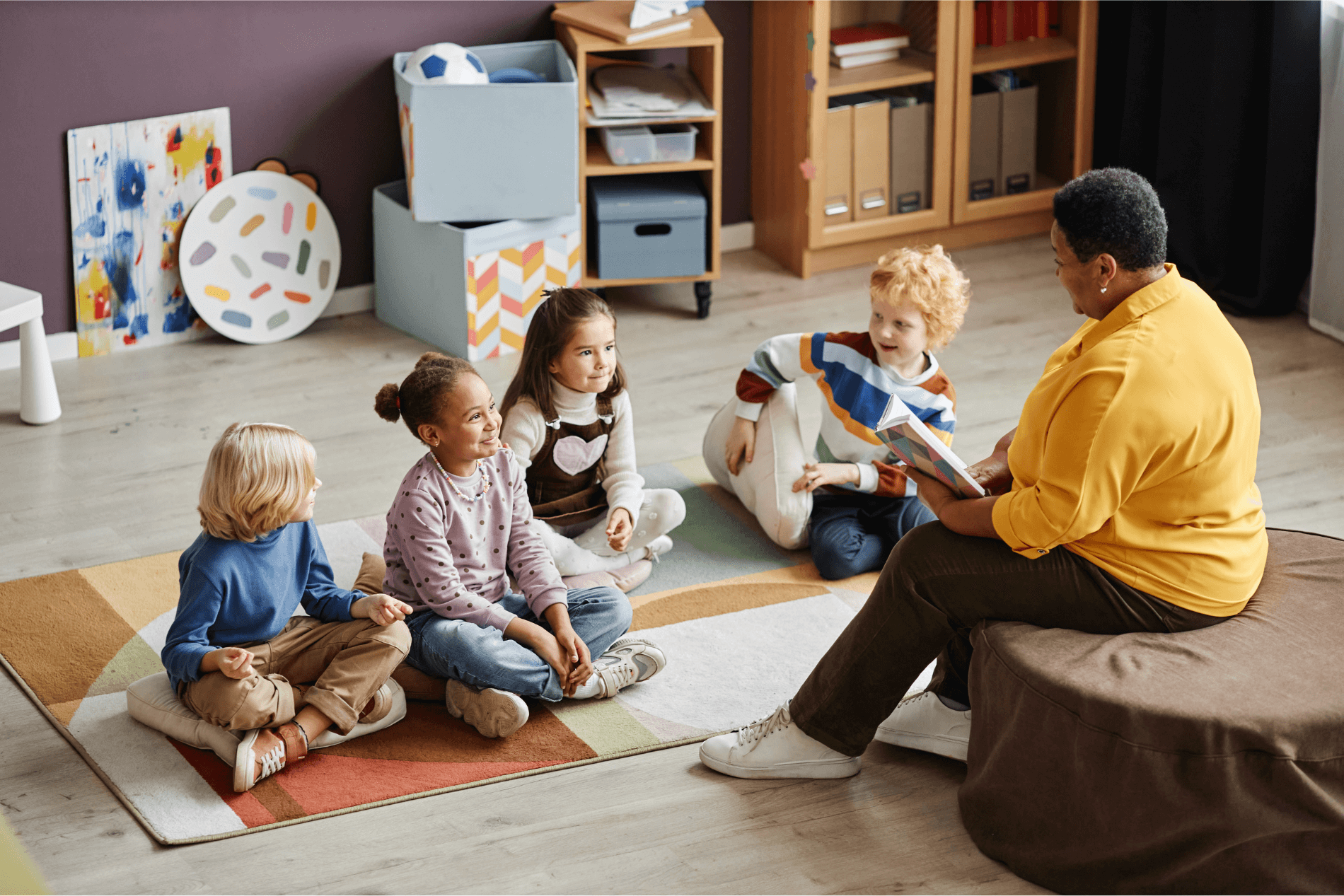
Education is one of the most important things we can offer our children. However, navigating the school environment can pose unique challenges for children with hearing loss. With the right strategies, resources, and support systems in place, these students can excel in school and reach their full potential.
Understanding Hearing Loss in Children
Hearing loss can range from mild to profound and may be congenital or acquired later in life. Children with hearing loss may experience challenges in speech and language development, social interaction, academic performance, and overall well-being. Students with hearing loss have unique needs in the classroom, so educators and parents need to tailor support strategies to enhance their academic success.
Communication Strategies for Academic Success
Effective communication lies at the heart of academic achievement for students with hearing loss. Implementing clear and consistent communication strategies in the classroom can enhance students’ comprehension, engagement, and participation. Some key communication strategies include:
- Using visual aids and multimedia resources to complement auditory information.
- Providing written instructions and visual cues to reinforce auditory messages.
- Using assistive listening devices, such as FM systems or hearing loops, to amplify sound and reduce background noise.
- Encouraging students to advocate for their communication preferences and needs in the classroom.
Access to Assistive Technology and Accommodations
Assistive technology can help create a more accessible and equitable learning environment for children with hearing loss. Parents and schools should provide access to a range of assistive devices and accommodations to support students’ hearing needs and facilitate their academic progress. Some common assistive technologies and accommodations include:
- Hearing aids or cochlear implants to enhance auditory input.
- Captioning services for videos, presentations, and multimedia content.
- Sign language interpreters or real-time captioning services for students who use sign language.
- Preferential seating near the teacher or visual aids to improve students’ access to auditory information.
By using assistive technology and accommodations tailored to student’s individual needs, educators can ensure that children with hearing loss have equal opportunities to succeed in the classroom and engage actively in learning activities.
Collaboration Between Parents and Educators
Collaboration between parents, educators, and healthcare professionals is important when it comes to supporting children with hearing loss. You can create an individualized education plan (IEP) or 504 plan to build a support system at school. This plan can help address your child’s academic, social, and emotional needs. Some key strategies for effective collaboration include:
- Regular communication between parents and teachers to discuss students’ progress, challenges, and goals.
- Involvement of speech-language pathologists, and hearing health professionals in developing comprehensive support plans.
- Advocating for inclusive practices, accessibility features, and professional development opportunities to promote awareness and understanding of hearing loss.
By working together as a team and advocating for the needs of students with hearing loss, parents and educators can create a supportive educational environment that nurtures students’ academic success and overall well-being.
Social and Emotional Support for Students with Hearing Loss
In addition to academic support, children with hearing loss may benefit from social and emotional support to navigate the social dynamics and peer interactions in school. By including social and emotional support alongside academic accommodations, educators and parents can create a support system that nurtures students’ overall development and success in school.
Some strategies to promote social and emotional well-being include:
- Educating students about hearing loss, communication strategies, and inclusion to foster empathy and understanding.
- Facilitating peer mentorship programs or support groups for students with hearing loss to connect with peers and share experiences.
- Providing counseling or social-emotional learning opportunities to help students build confidence, resilience, and self-advocacy skills.
Supporting Your Child With Hearing Loss
Supporting children with hearing loss requires collaboration between parents, educators, and your hearing health professional. If your child has hearing loss, start by visiting us for a comprehensive hearing test to find out more about their hearing loss and hearing needs.
We’ll work together to find the best treatment options and assistive devices to help your child succeed in school. With the right communication strategies, assistive technology, and support, your child can learn and thrive alongside their hearing peers.
By prioritizing students’ unique needs, fostering open communication, and advocating for inclusive practices, you can create a supportive educational environment that empowers children with hearing loss to succeed academically, socially, and emotionally. Visit us today to get started.
